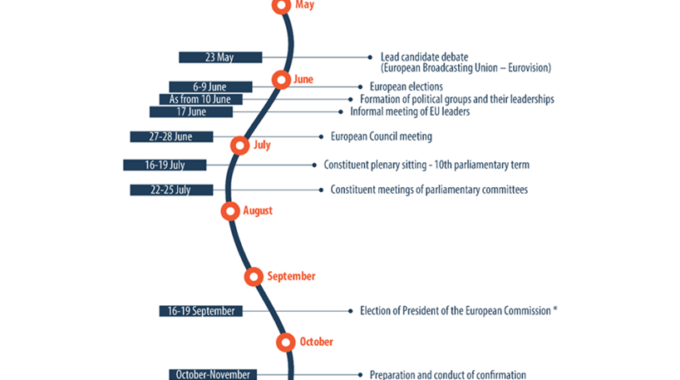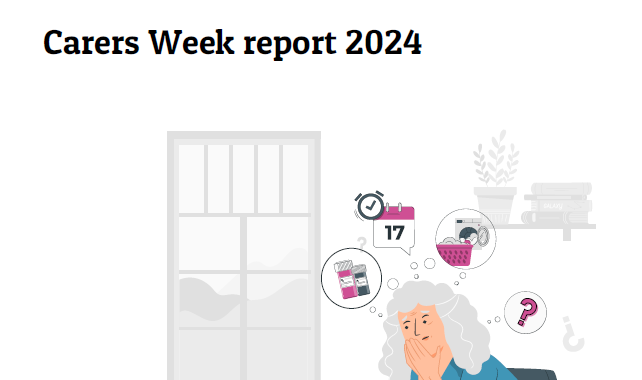
Unveiling care poverty: Insights from the EP Interest Group on Carers’ online meeting
Over the past decade, it has become clear that meeting the needs of older individuals with increasingly complex care requirements, while aligning with their preference for living in the community, poses a significant challenge across the European Union. Although the European Commission positively addressed the calls to action from the European Parliament and relevant stakeholders by introducing a European Care Strategy, there is still an unresolved need for more specific measures to stimulate proper implementation across all member states.
Therefore, the goal of the EP Interesting Group meeting, conducted online on the 28th November 2023, was to shift attention towards a pivotal theme situated at the intersection of social and long-term care policies: the intricate issue of care poverty.
Prof Teppo Kröger (University of Jyväskylä, Finland) has recently released an impactful book[1] that integrates feminist social policy research, gerontology and investigations into poverty and social disparities. This work provides fresh insights into long-term care policies, particularly addressing the concept of care poverty. Care poverty occurs when older individuals require care and support but do not receive sufficient assistance, highlighting instances where individual care needs surpass the available help from both formal and informal channels.
In his words: ‘adopting the concept of care poverty highlights how unmet care needs denote the deprivation of a basic human need. Care poverty is a serious expression of social inequality, dividing older people into groups of those who have access to adequate care and those who do not… in a world of ageing populations and growing needs for care, the lack of adequate care is a serious issue of primary importance and urgency’.
During the meeting, Professor Kröger kindly delivered a keynote address. Representatives from the European Commission (DG EMPL) and organisations dedicated to addressing care provision and poverty were also invited to share their perspectives and articulate their priorities concerning inequalities in care.
The event aimed to define a clear message for future EU-level work on long-term care and carers, and contribute towards setting the agenda for the next parliamentary term.
For more information about this meeting and the EP Interest Group on Informal Carers, please visit: https://eurocarers.org/ep-interest-group-on-carers/
[1] Care Poverty : When Older People’s Needs Remain Unmet | SpringerLink





